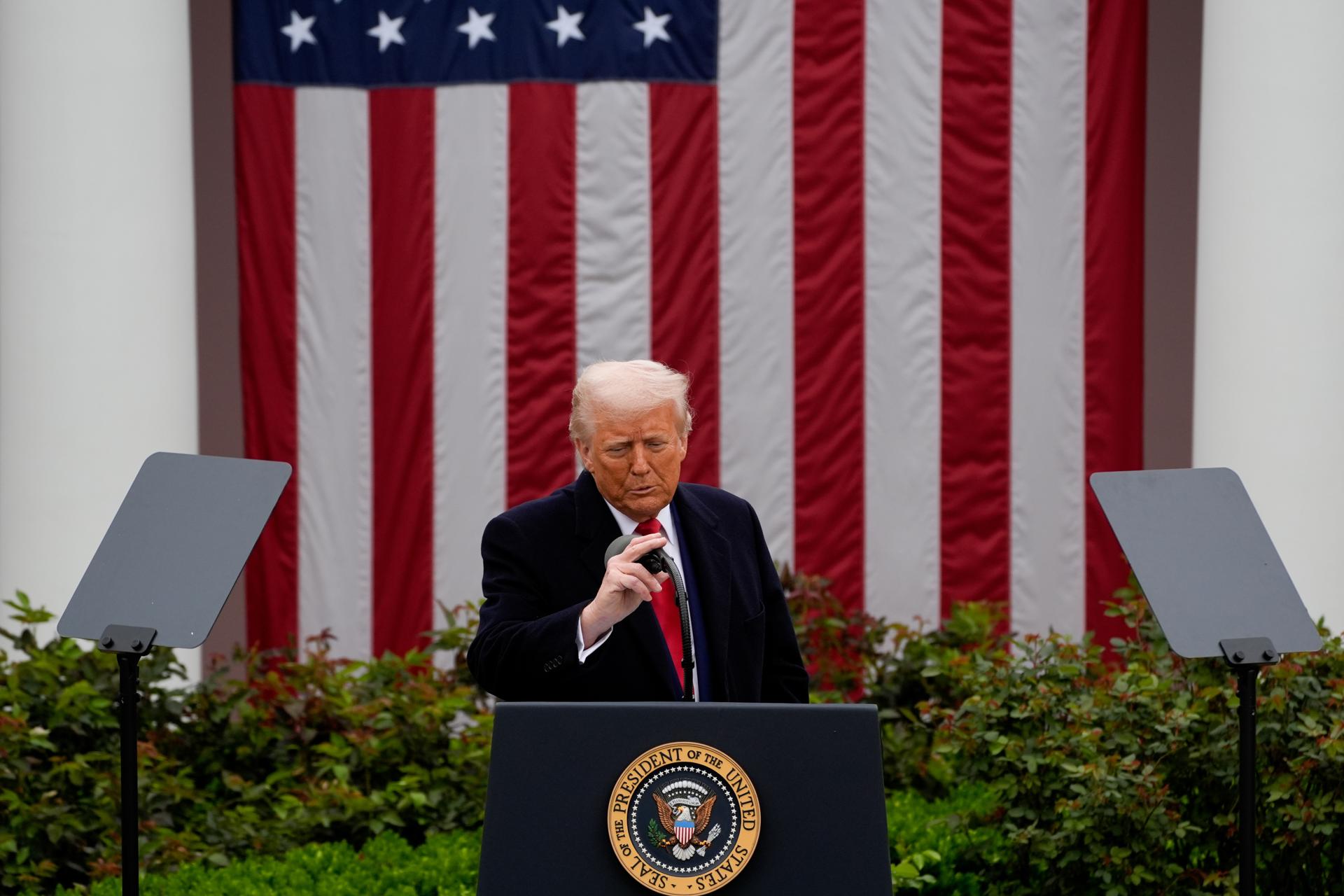
President Donald Trump's executive action blocking federal grants from immigrant-protecting "sanctuary cities" now has many asking -- what would that cost Chicago?
The answer to that question remains unclear and depends heavily on a number of legal and political factors.
Chicago Mayor Rahm Emanuel said Wednesday the city would "stay a sanctuary city" following Trump's order, though he noted there were still many questions surrounding what that entails.
"I don't know what's in the executive order," he said.
The term "sanctuary city" generally refers to jurisdictions that do not comply with federal requests to detain undocumented immigrants who have been arrested on charges unrelated to their immigration status and turn them over to the federal authorities for possible deportation.
In some cases, these cities tell police not to inquire about the immigration status of those they encounter, or they decline requests from immigration officials to keep defendants in custody while they await deportation.
Trump's action referred to withholding Justice Department and Homeland Security funds from only those jurisdictions that bar local officials from communicating with federal authorities about someone's immigration status.
Local
[[411847305, C]]
Peter L. Markowitz, a professor at Cardozo Law School in New York, said such an attempt to cut off funding would face strong legal challenges.
"The Constitution prohibits the president from defunding jurisdictions that won't do his bidding," Markowitz said. "There's nothing in federal law that requires localities or states to participate in federal immigration enforcement. Second, the Constitution grants Congress — not the president — the power to determine how federal dollars are spent."
Should Congress pass a law tying federal funding to immigration law compliance, the Chicago-based Center for Tax and Budget Accountability reports the city could stand to lose $1.33 billion in 2017.
According to an analysis by Reuters, Chicago and Cook County would stand to lose about $526.4 million if programs like Community Development Block Grants, Head Start and public housing lose funding.
For all sanctuary cities at risk -- including Chicago New York, Los Angeles, Philadelphia, Detroit, Seattle, San Francisco, Boston, Denver and Washington, D.C. -- that total climbs to $2.27 billion.
[[411874235, C]]
Still, the CTBA noted that legal scholars question whether such a law would be constitutional.
The U.S. Supreme Court has ruled that federal funds can only be cut from programs relating to the policy being violated. That could mean Trump would only be able to pull funding for grants involving things like immigration, but it could also cover public services, depending on how the courts rule.
The order also brings to discussion the Supreme Court's decision on the Affordable Care Act.
The Obama administration had tried to use Medicaid funding to push the Affordable Care Act down to the state level, but the Supreme Court ruled against it. The court said the move would have threatened to take away too much money from state governments, calling it a "gun to the head."
That could mean that if the Supreme Court finds Trump's order to be similarly coercive, it could decide to cut only a portion of the funds, if any.



